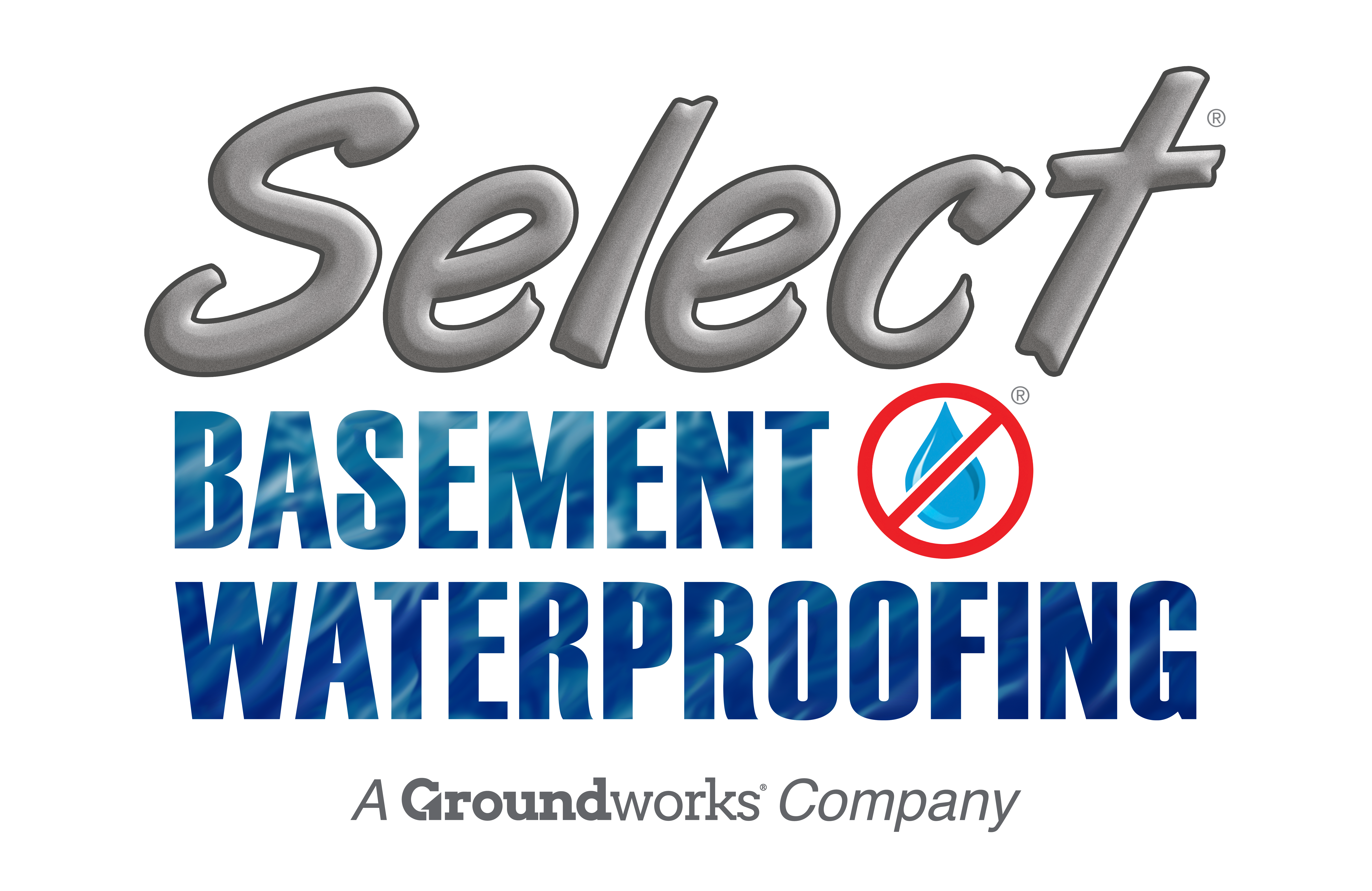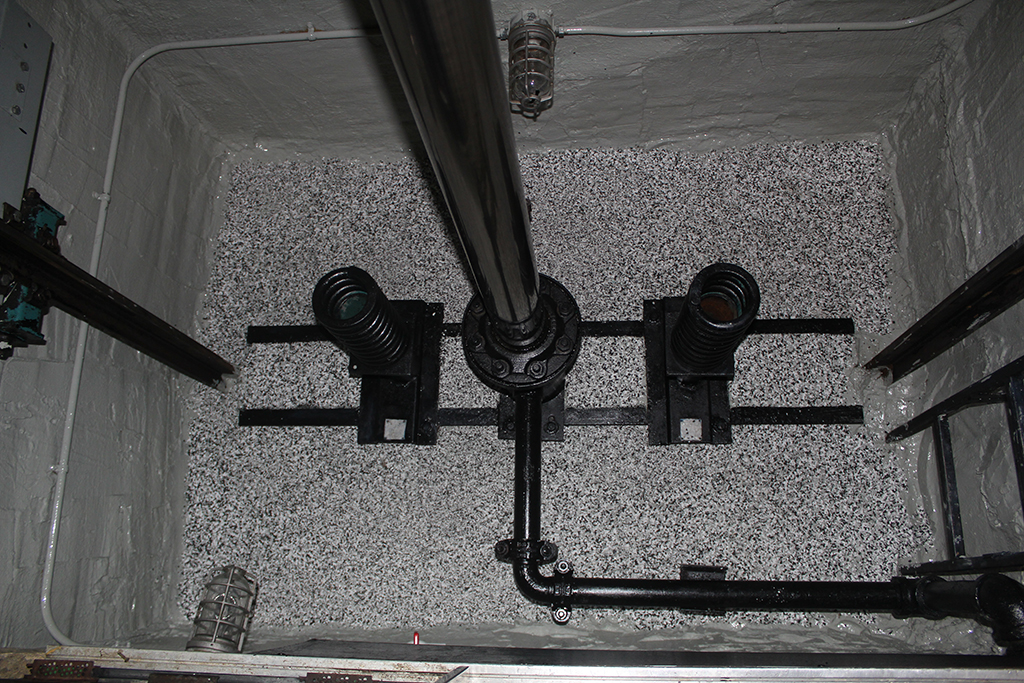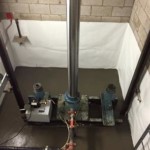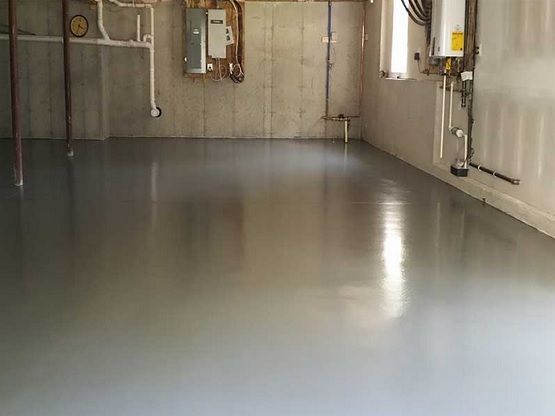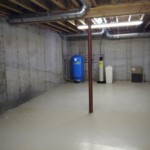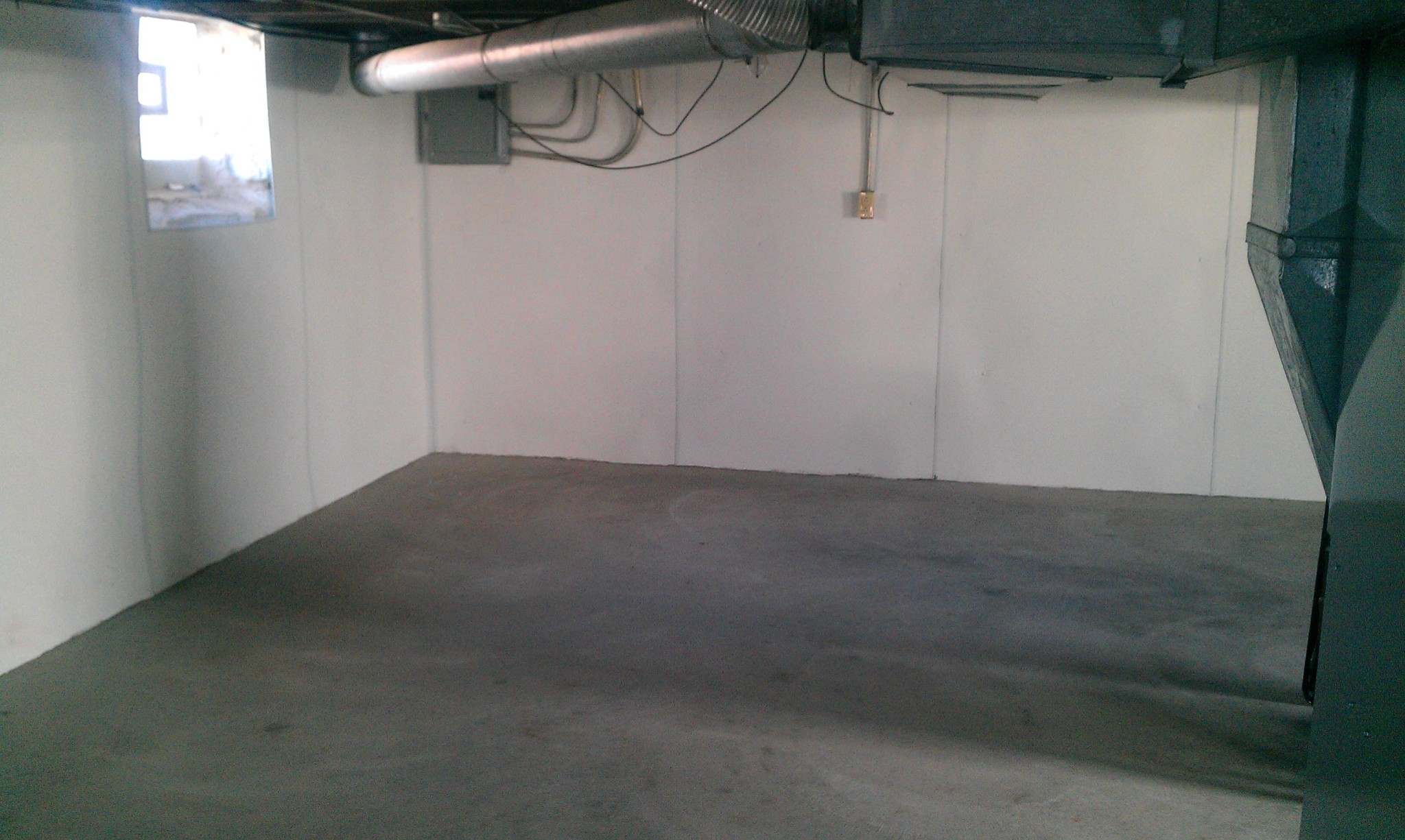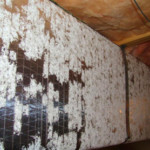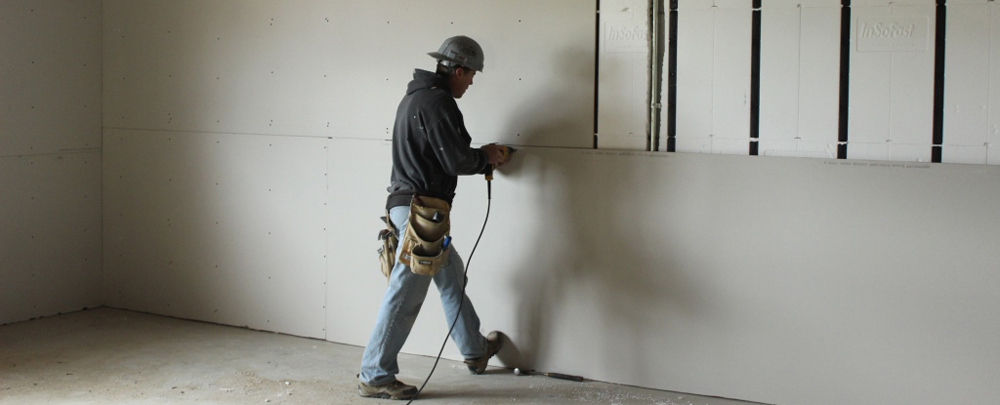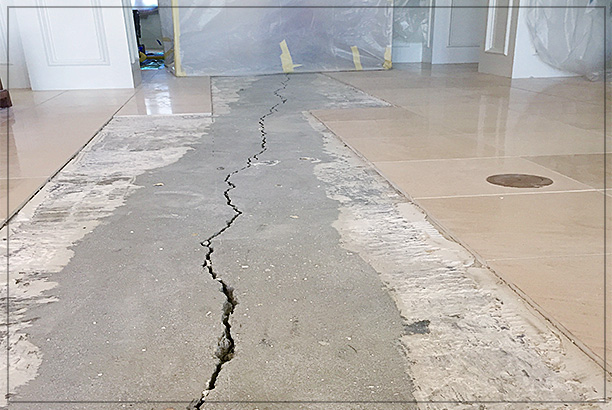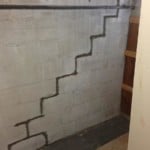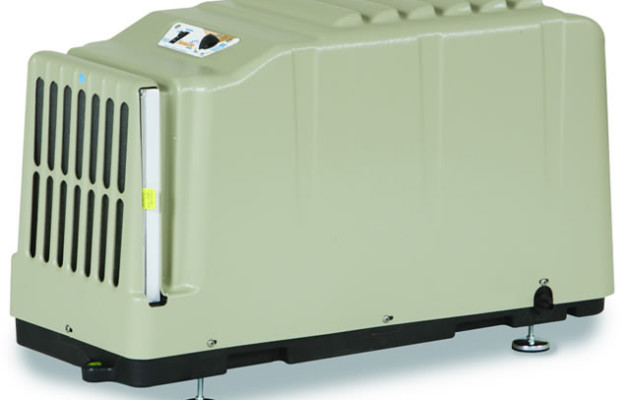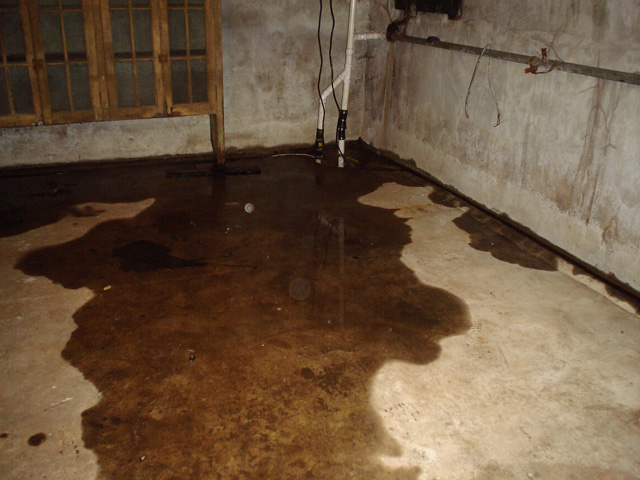Elevator Waterproofing – Is Your Elevator Pit a Safety Hazard?
If you mention the word ‘mosquitos’, it conjures up images of the Amazon or an African savanna to most of us. However, these disease-carrying insects are much closer than you think. They could be breeding right in your elevator pit.
The perfect breeding ground
Warm temperatures, humid environments and stagnant water; these are the requirements for the perfect breeding environment for mosquitos. If you haven’t invested in elevator waterproofing, your elevator pit is probably the perfect micro-environment for these insects.
Water intrusion is very common in elevator pits that haven’t been waterproofed. This is because the elevator pit lies below ground level. Moisture from the surrounding soil can therefore seep into the elevator pit. This is especially common in the spring when the snow from winter is melting and the summer when it rains.
When water leaks into the elevator pit, it collects and forms a pool of water. This stagnant pool of water is perfect for the breeding of mosquitos. It will remain undisturbed for as long as you continue to ignore the need for maintenance.
Risky business
Many building owners and managers invest in elevator waterproofing simply to protect their elevator’s mechanism. However, there is much more to it than that. Waterproofing your elevator pit can help to protect the occupants of the building from exposure to various diseases including West Nile Virus and the Zika Virus.
The West Nile Virus is known to cause inflammation of the spinal cord or the brain. The Zika virus has been shown to affect the fetuses of pregnant women exposed to it. Other diseases transmitted by mosquitos include dengue fever and malaria.
Making your building safe
Elevator waterproofing is important for ensuring your building provides a safe environment for occupants and visitors. Ensure that you:
- Contact a professional contractor
Not all waterproofing contractors are the same. Search for a contractor that has experience in waterproofing elevators. They will be able to provide you with a solution that is customized to meet your specific needs.
- Compare quotes
Different contractors will provide you with different solutions. Be sure to have more than one contractor inspect your elevator pit and provide you with a quote. Compare the quotes for the solution provided as well as the cost. Do your research to find out more about what the contractor is proposing to ensure that it is a long term solution.
- Invest in waterproofing
Choose the solution that best meets your needs and invest in waterproofing as soon as possible.
Call Select today for a FREE ESTIMATE! (800) 593-8379
